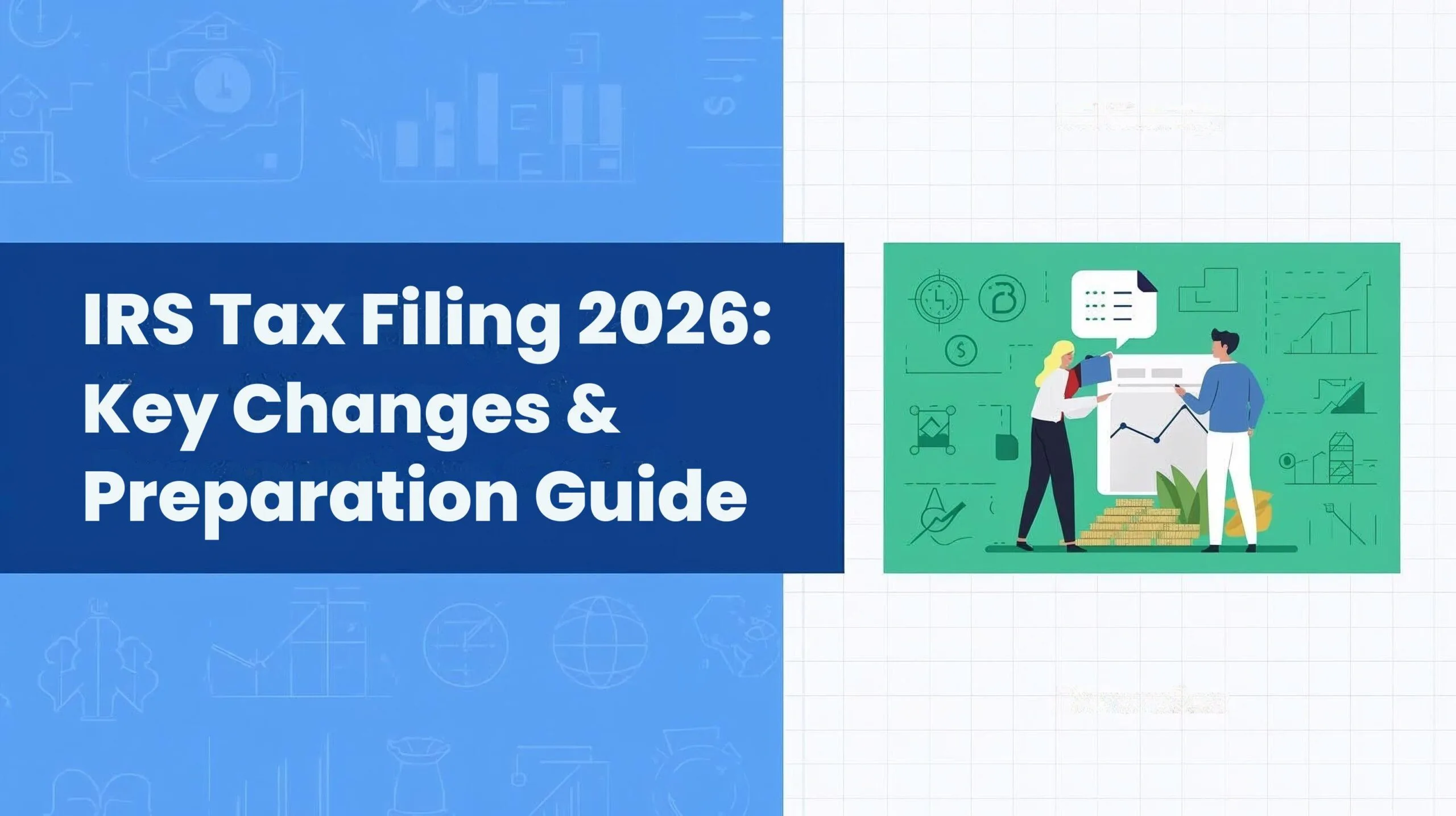
We Make Tax Filing A Breeze
Home » US Expat Estate Planning: Cross-Border Pitfalls & Best Practices 2025

For many Americans living and building wealth overseas whether in bustling economic hubs or quieter corners of the world the task of estate planning feels overwhelming. It’s certainly more complicated than planning in the US.
The simple, non-negotiable fact is this: the United States retains the right to tax the worldwide assets of its citizens, no matter where they call home. When you layer this with the estate and succession laws of your host country (which can be vastly different, especially in countries like India), you create a minefield of potential conflicts, double taxation, and administrative nightmares.
Effective US expat estate planning is the vital bridge between these two legal realities. It’s how you ensure your hard-earned legacy passes to your beneficiaries seamlessly and tax-efficiently.
As experts in US tax and business incorporation for an international audience, TheTaxBooks has compiled this comprehensive guide detailing the crucial mistakes US citizens abroad frequently make and the best practices for planning their global estates in 2025.
A domestic estate plan simply cannot account for the conflicts that arise when US tax laws clash with foreign succession laws.
What’s at stake? A lack of coordination can lead directly to:
International living elevates the complexity of every financial decision. Here are the five highest-risk mistakes we see expat clients grappling with:
It’s easy to assume your US Will covers your global assets. However, foreign jurisdictions often have unique, non-negotiable formal requirements from specific witnesses to mandatory notarial seals that your existing US documents simply don’t meet. If your foreign-situs Will is rejected, local intestacy laws take over, meaning a court, not you, decides who inherits your property. This outcome is rarely what the client intended.
The US federal estate tax exclusion is generous (over $13 million in 2025), but many foreign countries impose their own inheritance taxes (tax on the recipient) or estate duties (tax on the estate itself). The risk is compounded because the US has Estate and Gift Tax Treaties with very few countries. For US expats in places like India, this absence of a treaty means avoiding double taxation requires very careful planning, often through strategic leveraging of the US Foreign Tax Credit rules.
Trusts are standard US planning tools, but be careful when engaging with foreign equivalents. The IRS views a Foreign Situs Trust a trust governed by foreign law with immediate suspicion. Creating or being a beneficiary of one triggers extremely complex and punitive US reporting regimes: Form 3520 and Form 3520-A. Failure to file these forms correctly often results in automatic penalties calculated as a percentage of the trust’s value, which can financially crush an estate.
Where an asset is legally located (situs) determines which country has primary jurisdiction over its transfer. Real estate is almost always governed by the law of the country where it sits. If you own property in a foreign country, its local succession law will dictate its transfer, regardless of your US Will’s instructions. A failure to reconcile this can create massive confusion for your heirs.
Estate planning isn’t just about what happens after you die; it’s about compliance while you live. Many expats correctly file their income taxes but neglect the annual reporting of their foreign financial assets. This includes the FBAR (FinCEN Form 114) and FATCA (Form 8938). Penalties for non-compliance are severe and often fall directly to the beneficiaries or estate administrators to resolve, complicating the entire wind-down process.
A successful cross-border plan demands precision and expertise in both tax codes.
Instead of relying on one Will to rule them all, the safest strategy is often creating Dual Wills: one specifically governing your US-situs assets and a separate one addressing your foreign-situs assets.
When a tax treaty is in place, your planner must know how to apply its specific provisions to minimize or eliminate double taxation. This might involve claiming a primary taxing right for one country or securing the necessary foreign tax credits on your Form 706 (US Estate Tax Return) to offset taxes paid abroad.
For our many entrepreneur clients, particularly those who have formed US companies (LLCs, S-Corps, C-Corps), the structure of the business must be considered. If a US LLC, for example, is owned by a foreign person or passes to non-resident heirs, it immediately triggers specialized reporting like Form 5472. The estate plan must clearly provide for the efficient transfer and continued compliance of these corporate entities.
Cross-border estate planning is clearly not a do-it-yourself project. It requires a rare blend of US tax authority, international legal insight, and compliance knowledge. An ordinary domestic estate planner simply can’t navigate the intricacies of simultaneous US federal law, state probate issues, and foreign succession statutes.
At TheTaxBooks, led by Principal Consultant Kishore Chennu (MBA, CMA, EA-IRS) with over 15 years of US tax experience, we understand these complexities. We don’t just file your returns; we provide the foundational compliance advisory including FBAR and FATCA Reporting, Form 5471 Filing, and expert US Business Taxation that ensures your estate is legally sound and efficiently transferable, securing the future for your heirs.
Don’t let cross-border complications jeopardize your legacy. Work with a firm whose expertise is built specifically on bridging the international tax gap.
To learn more about how you can reduce your taxes and save money, check out the helpful resources on our blog or contact us today to schedule a consultation.